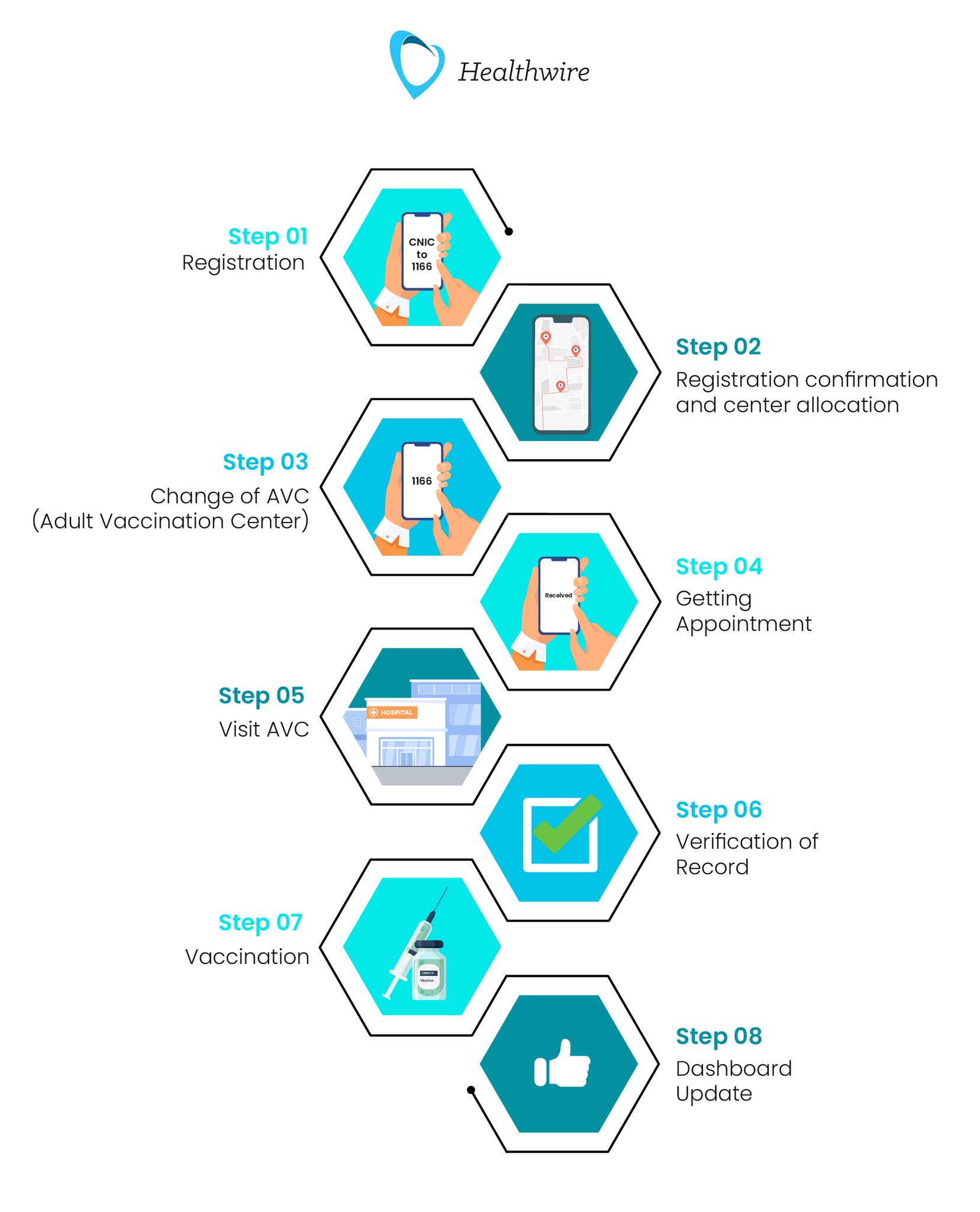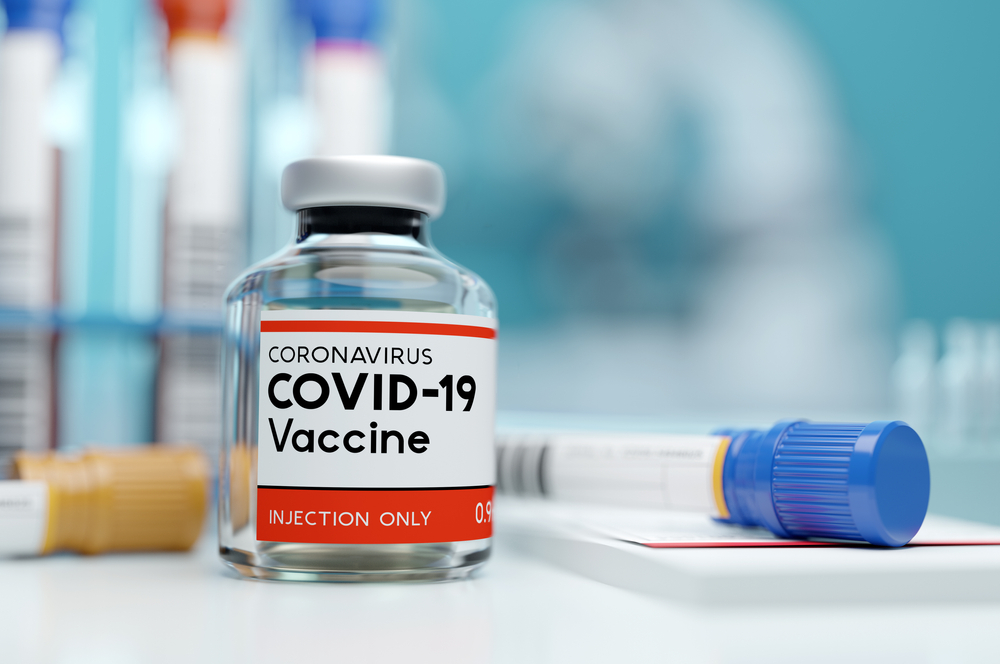Human history is full of our encounters with deadly viral and bacterial pandemics. These pandemics often come with their fair share of loss and grief, and the recent COVID-19 pandemic is no exception to this.
Since the day the coronavirus (COVID-19) outbreak was declared a global pandemic by the World Health Organization (WHO) on 11 March 2020, the downturn and mortality caused by the virus was far-reaching affecting millions of people around the globe.
Table of Contents
COVID vaccine- light at the end of the tunnel
Before we head to the COVID vaccine, let’s see how vaccination has affected the previous pandemics and saved millions of lives!
Currently, the world is witnessing the third COVID wave flaring up the infections due to the British variant of the virus. No matter which variant is wreaking havoc, social distancing and restricted mobility along with several preventive measures remain our first line of defense against COVID-19 pandemic.
Since the onset pandemic, all eyes were on finding a possible solution to a combat virus outbreak. Based on our previous experiences of battling with viral and bacterial pandemics, an effective vaccine was the ONLY proposed solution.
What is vaccination?
The world’s first vaccine was discovered by Edward Jenner in 1796 against the smallpox virus!
Vaccination, a type of active immunity, which stimulates a person’s immune system to counter the attack of a disease-causing agent. The stimulation of the immune system lies in the idea of preparing it by the intended exposure to a relatively harmless or inactivated virus or a part of the virus. This enables your immune system to recognize the virus on the next exposure and react accordingly, hence protecting you from the disease.
How vaccines work?
The concept of vaccination has got its importance from the concept of herd immunity alongside individual protection. Herd immunity refers to a population gaining protection against certain disease-causing because the majority of that population has developed immunity against it (either due to vaccination or natural infection). The practice of vaccination assures both individual safety as well as community protection, making it a safe and effective way to compete against deadly bacteria and viruses.
COVID vaccine
Fortunately, it was made possible with the discovery and regulatory approval of the world’s first COVID vaccine (Pfizer–BioNTech vaccine) on 2 December 2020. However, from the day forward COVID vaccination has been a subject of debate. To date, there are many approved vaccines commercially available in the market other than 100 others that are in clinical or preclinical trials waiting to get launched in the market.
Types of COVID vaccines
At present, there are four different types of COVID vaccines available in the market based on the part of coronavirus that is being used to create immunity against. Here is the detailed comparison of four different types of COVID vaccines;
1- Whole virus vaccine
The simplest form of vaccines uses the whole attenuated (inactivated) virus to generate an immune response against the disease.
- Mode of administration – Intramuscular
- Typical number of doses – 2
- Other similar vaccines – Polio, rabies, whooping cough, hepatitis A etc.
- Commercially available as – Sinovac, Sinopharm, Bharat Biotech
2- RNA (mRNA) virus vaccine
This type of vaccine uses the genetic material of the virus in the form of RNA to generate an effective immune response against the disease. Genetically engineered RNA is used to instruct your immune system to develop protection against the disease-causing agent.
- Mode of administration – Intramuscular
- Typical number of doses – 2
- Other similar vaccines – None
- Commercially available as – Pfizer–BioNTech, Moderna
3- Viral vector vaccine
This vaccine uses a different kind of inactivated virus such as adenovirus having the genetic material of coronavirus. This other virus acts as a delivery system and activates your immune system against the virus.
- Mode of administration – Intramuscular
- Typical number of doses – 2
- Other similar vaccines – Ebola
- Commercially available as – Oxford-AstraZeneca, Johnson & Johnson, Sputnik V (Gamaleya Research Institute), convidecia (single-dose)
4- Protein subunit vaccine
The protein subunit vaccine relies upon the part of the virus that stimulates your immune system and enables your body to fight the coronavirus.
- Mode of administration – Intramuscular
- Typical number of doses – 2
- Other similar vaccines – Hepatitis B, shingles, pneumococcal disease etc.
- Commercially available as – Novavax
Pakistan COVID vaccination Plan
Pakistan, just like the rest of the world, began a vaccination program keeping frontline healthcare workers and older people on priority. Currently, the vaccination drive is focused on vaccinating citizens over 60 years of age and thousands of people are getting vaccinated across the country on a daily basis. Currently, the vaccination circle has been expanded and the government has started registration of people over 50 years of age for the next phase of mass vaccination. In future, we expect the expansion of the vaccine drive targeting the younger population.
Till now, the Drug Regulatory Authority of Pakistan (DRAP) has approved the following vaccines, including;
- AstraZeneca’s vaccine (UK’s vaccine)
- Sputnik V (Russian vaccine preferred in private healthcare facilities)
- Sinopharm (Chinese vaccine mostly used in government hospitals)
- Convidecia (Chinese vaccine)
- CoronaVac (Chinese vaccine)
How to get COVID vaccination in Pakistan?
With the finalization of the COVID vaccine strategy and the expansion of the program in Pakistan, the process is pacing up. Here is the detailed step-by-step guideline of COVID vaccination in Pakistan outlined by The National Command and Operations Centre (NCOC).

1- Registration
In the first place, people can get themselves registered in one of the two ways. Either one can send the CNIC number to 1166 (Sehat Tahaffuz Helpline) or can visit the NIMS (National Immunization Management System) website.
2- Registration confirmation and center allocation
After the verification of details by the system, registration will be confirmed. Following this, the details of AVC (Adult Vaccine Centre) will be sent along with a unique PIN code.
3- Change of AVC (Adult Vaccination Center)
Within five days of receiving the message, you can ask for the change of your AVC center by calling 1166 or visiting NIMS website if the allotted center is outside your tehsil.
4- Getting appointment
Once the vaccine arrives at your allocated AVC, you will be informed about your vaccination appointment details via SMS.
5- Visit your AVC
On the due date, you will arrive at your vaccination center with CNIC and PIN code.
6- Verification of record
Staff at the vaccination center will verify your CNIC and PIN code upon your arrival.
7- Vaccination
After confirmation, you will get your vaccination shot and you will receive a confirmation SMS and you will stay for another 30 minutes at AVC following your vaccination. During this time, you will be observed for any side effects of the vaccine.
8- Dashboard update
Your details will be added to the real-time dashboard.
COVID Vaccination Centers in Pakistan
NCOC has issued a detailed list of vaccination centers across the country distributing them provincially. Here are the complete details of COVID vaccination centers.
Takeaway!
The ongoing third wave of coronavirus is causing irreparable damage to every walk of life. Along with following the best preventive measure and eating immune-boosting foods are the only ways to reduce the effects of this viral outbreak is through mass vaccination. While the government is trying to ensure the high rates of COVID vaccination, there is a dire need for public support in this regard. Hoping that it rings the right bells, we can join hands and put a collective effort to defeat this deadly virus.

1 comment
My mother has been a patient of allegric asthma since last 11 years. She has to take inhaler daily in morning and evening. Although she is active. She suffers from flu often. Is Covid vaccine safe for her? Should she get vaccinated?